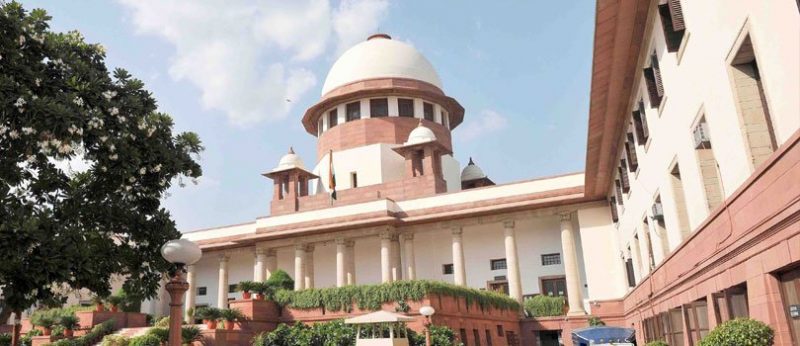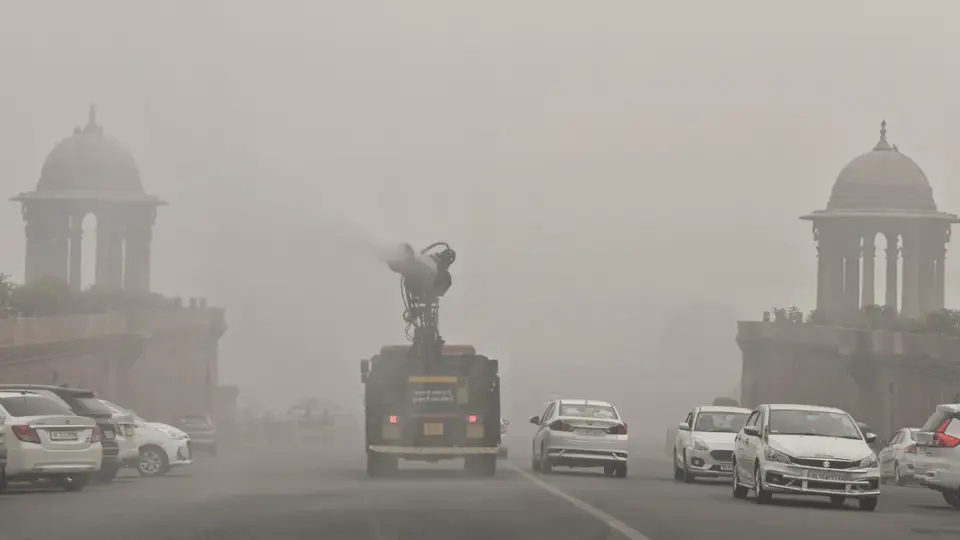
CJI Office Now To Come Under RTI Act, But Conditions Apply
The Supreme court on Wednesday, in a landmark decision, held that Chief Justice Of India’s office is a public entity and thus, must come under the Right to Information Act. The decision was announced by the CJI of India, Rajan Gogi in agreement with the fellow justices namely NV Ramana, DY Chandrachud, Deepak Gupta and Sanjiv Khanna.
Notably, the bench had reserved its verdict on April 4 on appeals filed in 2010 against the high court and the central information commission’s (CIC’s) orders of bringing CJI office under the ambit of the RTI Act.
In 2010, the Delhi High Court had held that CJI office shall come within the rules and regulations of the Right to Information Act for judicial independence is not a judge’s privilege, but a responsibility.
Also Read: World Kindness Day: Quotes That Define Essence Of Kindness
As of today, the bench reading the judgment said that “nobody wants to remain in the state of darkness or keep anybody in the state of darkness.” However, “in the name of transparency, you can’t destroy the institution,” the verdict added.
Delhi HC Decision Seen As Personal Act
The Delhi High Court’s decision, back in 2010, was seen as a personal attack on the then CJI, KG Balakrishnan and thus challenged. Justice Balkrishan was against the disclosure of any sort of information relating to judges.
Later, RTI activist SC Agrawal moved to court to challenge the same and bring the CJI office under RTI’s scrutiny.
Also Read: Health Tips: How To Be Safe While Performing Oral Sex
Bhushan had then argued, “This is not the independence from accountability. Independence of the judiciary means it has to be independent of the executive and not independent from the common public. People are entitled to know as to what public authorities are doing.”




